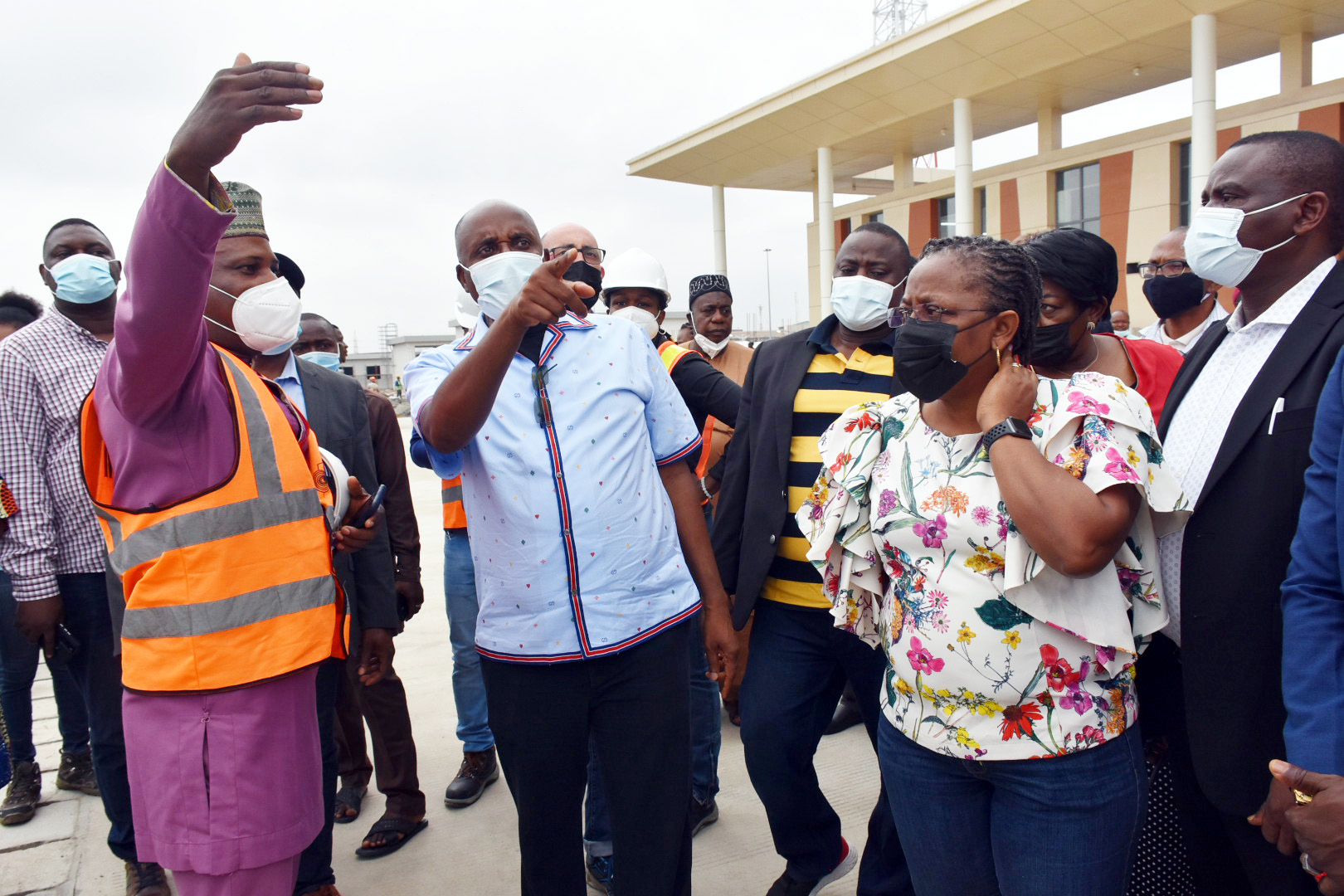Business
Nigeria’s GDP May Decline By $139bn In 2030 -World Bank

A new World Bank report estimates that the collapse of ecosystem services provided by nature including wild pollination, food from marine fisheries and timber from forests could result in Nigeria’s Gross Domestic Product (GDP) decline by $139 billion in 2030.
The report titled ‘The economic case for nature’ underscored the strong reliance of economies on nature, particularly in low income countries.
The report highlighted that Sub-Saharan Africa and South Asia would suffer the most relative contraction of real GDP due to a collapse of ecosystem services by 2030, 9.7 per cent annually and 6.5 per cent respectively.
Nigeria which is regarded as a lower-middle income economy by the World Bank is expected to be among the worst-hit countries.
The report reads, “In absolute terms, the greatest losses of GDP are expected in middle-income countries.
“The worst affected country is China, which sees its GDP drop by $943 billion in 2030, followed by India (-$193 billion), Brazil (-$150bn), Indonesia (-$144 billion) and Nigeria (-$139 billion).
“The projected loss in GDP signifies a permanent reduction of the productive potential of the economy, with potentially long-lasting effects on incomes and employment”.
The report also disclosed that Nigeria’s fisheries output is projected to contract by 21 per cent or $4.6 billion for the same period.
Reacting to the report, World Bank Group President, David Malpass, said, “Nature-smart policies and reforms including agricultural subsidy reform and investments in agricultural innovation enhance biodiversity and economic outcomes.
“As countries seek to recover from the Covid-19 pandemic, it’s important that economic development improves outcomes for nature”.
World Bank Lead Environmental Economist and co-author of the report, Giovanni Ruta, said, “It is a combination of policies that shows the greatest win-win for both biodiversity and for economies”.
He said that adding investment in research and development to the policy mix was particularly important and beneficial to developing countries.
Business
Agency Gives Insight Into Its Inspection, Monitoring Operations

Business
BVN Enrolments Rise 6% To 67.8m In 2025 — NIBSS

The Nigeria Inter-Bank Settlement System (NIBSS) has said that Bank Verification Number (BVN) enrolments rose by 6.8 per cent year-on-year to 67.8 million as at December 2025, up from 63.5 million recorded in the corresponding period of 2024.
In a statement published on its website, NIBSS attributed the growth to stronger policy enforcement by the Central Bank of Nigeria (CBN) and the expansion of diaspora enrolment initiatives.
NIBSS noted that the expansion reinforces the BVN system’s central role in Nigeria’s financial inclusion drive and digital identity framework.
Another major driver, the statement said, was the rollout of the Non-Resident Bank Verification Number (NRBVN) initiative, which allows Nigerians in the diaspora to obtain a BVN remotely without physical presence in the country.
A five-year analysis by NIBSS showed consistent growth in BVN enrolments, rising from 51.9 million in 2021 to 56.0 million in 2022, 60.1 million in 2023, 63.5 million in 2024 and 67.8 million by December 2025. The steady increase reflects stronger compliance with biometric identity requirements and improved coverage of the national banking identity system.
However, NIBSS noted that BVN enrolments still lag the total number of active bank accounts, which exceeded 320 million as of March 2025.
The gap, it explained, is largely due to multiple bank accounts linked to single BVNs, as well as customers yet to complete enrolment, despite the progress recorded.
Business
AFAN Unveils Plans To Boost Food Production In 2026
-

 Sports1 day ago
Sports1 day agoTinubu Lauds Super Eagles’ after AFCON bronze triumph
-

 Sports1 day ago
Sports1 day agoFulham Manager Eager To Receive Iwobi, Others
-

 Sports1 day ago
Sports1 day agoAFCON: Lookman gives Nigeria third place
-

 Editorial1 day ago
Editorial1 day agoBeyond Accessing Bonny By Road
-

 News1 day ago
News1 day agoSERAP Sues Govs, FCT Minister Over Security Vote Spending
-

 Sports1 day ago
Sports1 day ago“Mikel’s Influence Prevent Some Players Invitation To S’Eagles Camp”
-

 Niger Delta1 day ago
Niger Delta1 day agoINC Polls: Ogoriba Pledges To Continuously Stand For N’Delta Rights … Picks Presidential Form
-

 Sports1 day ago
Sports1 day agoMan of The Match award Excites Nwabali

